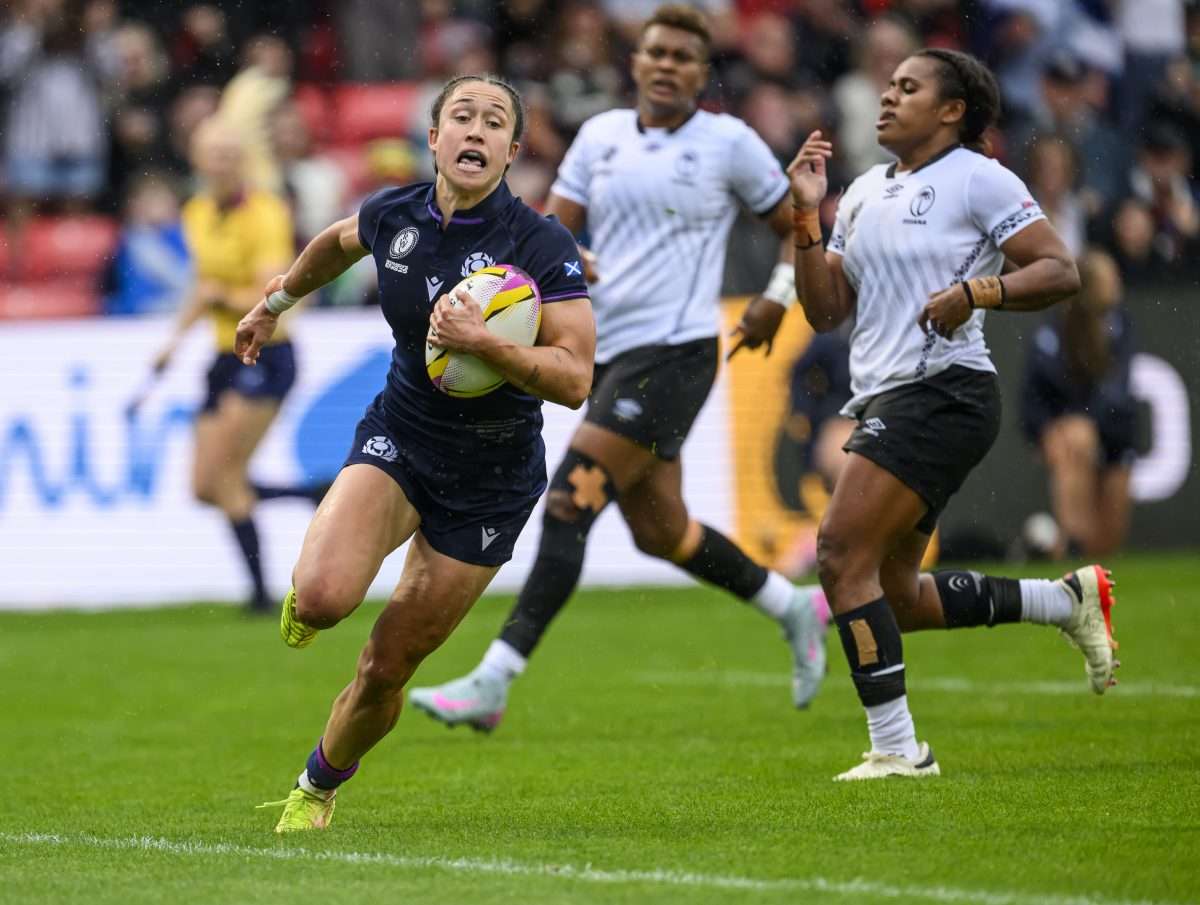If the degree of difficulty is taken into account, in some senses the 29-15 win over the Fijians was a superior performance, if a narrower victory, than the one against Wales. Scotland had to dig deeper against far more dangerous opponents, ones whose self-belief appeared unquenchable.
And yet a week earlier Fiji had lost 65-7 to Canada. So did they raise their game hugely against Scotland, or were the Canadians – a team who are known to be even more ferociously physical than Fiji – simply far too strong for them? If the latter, that is an ominous sign for the Scots.
Speaking of ominous signs, Scotland’s record against the current top four in the world rankings does not inspire confidence. They have not beaten England this century. New Zealand have defeated them in all four meetings. They last got the better of Canada in 1994 – although they did come desperately close to beating them at Scotstoun in 2018, eventually losing 28-25.
In fact, their best result against the big guns in recent years was the 13-13 draw against France, also at Scotstoun, in 2020 – a match that was understandably celebrated as a moral victory given the way in which the home team fought back.
But nothing stands still in rugby. World rankings are transient things, and Scotland are certainly heading in the right direction, with their current position of sixth being just one below their highest ever.
What is more, simply reaching the quarter-finals for the first time since 2002 has given the squad a massive confidence boost, even if they did get there in the most demanding of circumstances. As Rhona Lloyd, scorer of two tries against Fiji, said: “It’s such a feat for rugby in Scotland, especially women’s rugby in Scotland. So hopefully this is now the bar set and we can take things forward.
“I’m absolutely buzzing. It’s been a massive aim of Scotland to get to these quarter-finals. And as somebody who played in the last World Cup when we didn’t achieve that, it honestly means the world to have ticked that off.”
Having said that, Lloyd accepted that there is a lot to work on this week before they take to the field again at Exeter’s Sandy Park on Saturday. “We’ll be back to the drawing board reviewing the Fiji match and working on things for this week,” she added.
“Our game management needs to improve. We let Fiji get away with things at times and we need to control the game better.
“There’s a lot to improve on. But I’m so proud to be here saying that we made it to the quarter-finals.”
Also speaking after the Fiji match, Rachel Malcolm, the captain, struck a similar balance between euphoria and self-criticism. “To get to the quarter-finals for the first time since 2002 is just an absolutely phenomenal achievement,” the back-row forward said.
“It means quite literally everything. I’ve been a part of this team since 2016, but there’s been women before us that have been fighting for this goal. So that win today was for the women on the pitch, but also the women that have gone before us to fight to get us in this position.
“We probably need to look at some aspects of our game – our discipline or rolling away when we’re in those tackles to keep on the right side of the ref – because that made our lives pretty tough [against Fiji].
“But we stuck in. And I think to see that one-to-23 performance again gives us huge confidence going into the Canada week.
“I think we’re showing that we’re growing as a team. But we need to grow again to challenge one of the best teams in the tournament.”
